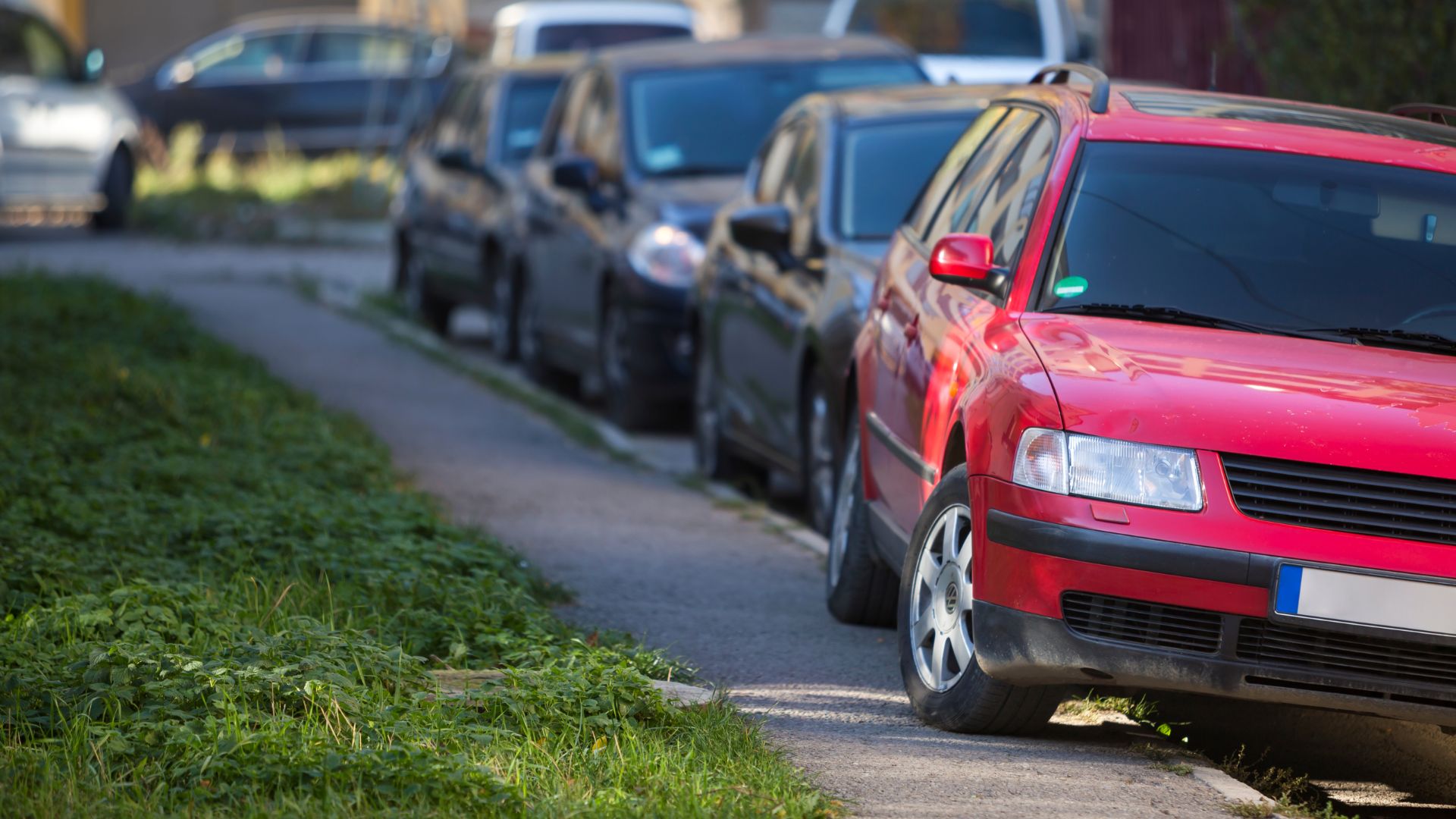
A leading group of cycling and walking organisations has backed calls for the government to introduce a ban on pavement parking.
Last month, the Transport Committee criticised the Department for Transport (DfT) for failing to take action on pavement parking, which, it says, is having a “detrimental effect on people’s lives and can lead to social isolation”.
The Walking and Cycling Alliance (WACA) – made up of the Bicycle Association, Cycling UK, The Ramblers, British Cycling, Living Streets and Sustrans – has lent its support to the MPs calling for a pavement parking ban.
“The Government needs to act urgently on the findings of the Transport Select Committee report, which is founded on thorough investigation and input from the general public,“ said John Irvin, chief executive of Living Streets.
“Cars parked on pavements force people with wheelchairs, parents with buggies and those living with sight loss into the carriageway and oncoming traffic.”
In 2015, the government promised to look into the issue of pavement parking in England, which has been illegal in London since 1974. Drivers can be fined up to £100, but boroughs can designate areas that are exempt from the pavement ban.
Pavement parking ban: background
Rule 244 of the Highway Code states:
‘You MUST NOT park partially or wholly on the pavement in London, and should not do so elsewhere unless signs permit it. Parking on the pavement can obstruct and seriously inconvenience pedestrians, people in wheelchairs or with visual impairments and people with prams or pushchairs.’
Note the use of ‘MUST NOT’ and ’should not’. One is an order backed by legislation, the other is a statement of advice.
However, Rule 242 states:
‘You MUST NOT leave your vehicle or trailer in a dangerous position or where it causes any unnecessary obstruction of the road.’
In other words, you could be issued with a fixed penalty notice (FPN) if your vehicle is deemed to be causing an obstruction. Research conducted by Guide Dogs found that justfive percent of drivers understand all aspects of the law on pavement parking.
Opponents to the ban argue that the UK’s narrow streets make it difficult for householders to find a parking space when there is no off-street parking nearby.
‘Deeply concerned‘

Lilian Greenwood, chair of the Transport Committee, said: “Pavement parking has a huge impact on people’s lives and their ability get around their communities. Motorists may feel they have no choice but to park on the pavement and many try to do so in a considerate way, but evidence to our inquiry revealed the impact on those with visual and mobility impairments and people with children.
“We are deeply concerned that the Government has failed to act on this issue, despite long-standing promises to do so. This is a thorny problem that may be difficult to resolve to the satisfaction of all, but the Government’s inaction has left communities blighted by unsightly and obstructive pavement parking and individuals afraid or unable to leave their homes or safely navigate the streets.“
The Transport Committee says local authorities could create exemptions if they choose to do so, but drivers would be left in no doubt that they would be committing an offence unless parking was expressly permitted.
‘Bureaucratic burdens‘

It wants the government to remove the ‘bureaucratic burdens’ imposed on local authorities to make it easier to put in place parking restrictions.
WACA says that people are being put at risk of injury and isolation by the government’s inactivity. It’s demanding urgent action, which includes the reversal of the recent rule-change allowing drivers to park on cycle lanes.
John Irvin added: “The Government recently changed the rules on parking on cycle lanes so that it is no longer an offence to park on those marked with solid white lines during their hours of operation.
“This change, made without notifying councils or the public, needs to be reversed. Until it is, it runs the risk of undermining the review into the Highway Code to improve cycle safety.”